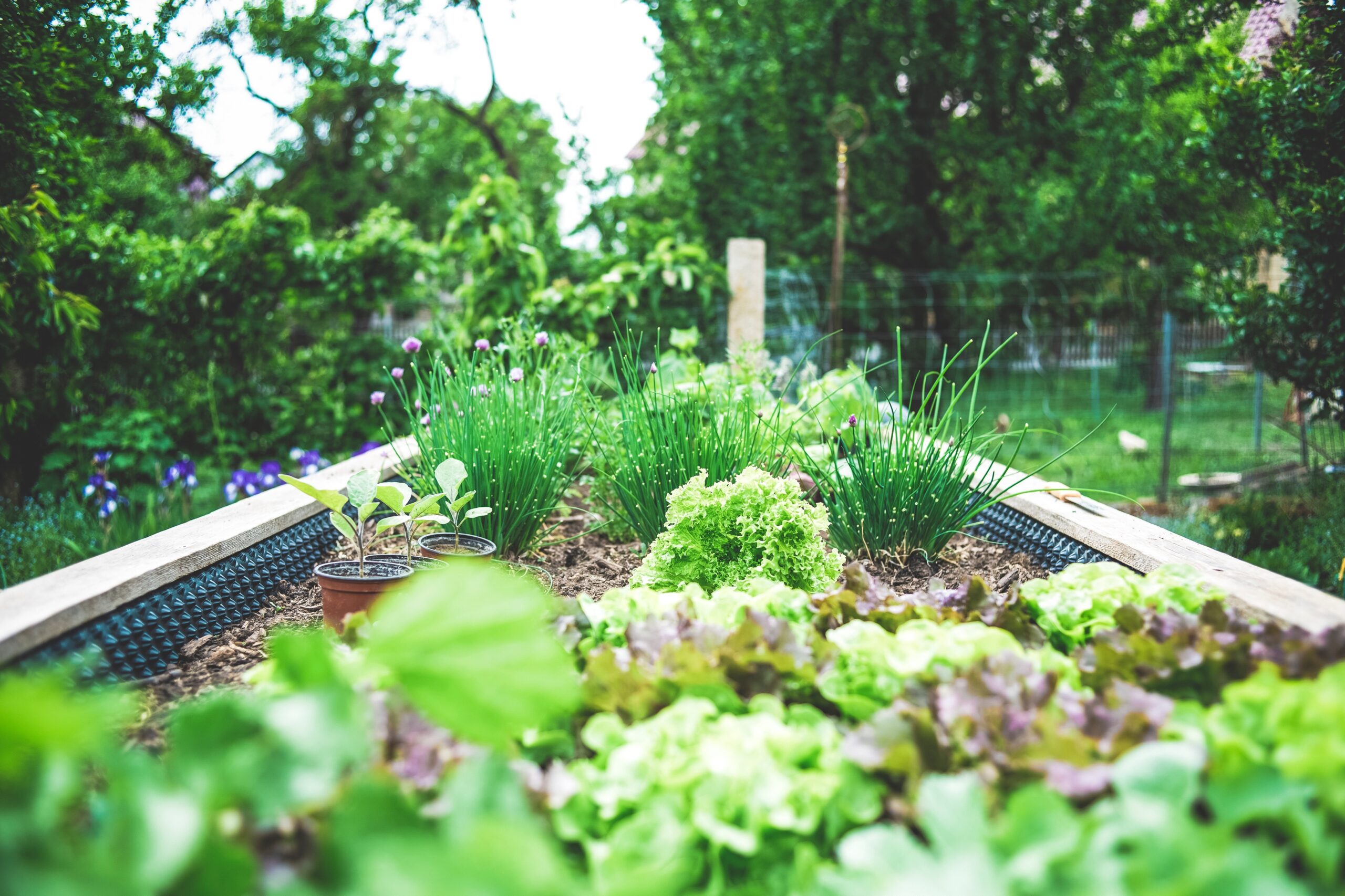Toronto Pearson has announced an investment of $95,000 over two years towards the development and initial implementation of a Neighbourhood-wide Urban Agriculture Strategy in Rexdale, through Toronto and Region Conservation Authority’s (TRCA) Sustainable Neighbourhood Action Program (SNAP) and Partners in Project Green (PPG).
As it strives to be a leader in environmental stewardship and management, the airport knows that its neighbours hold them accountable for not only the management and mitigation of the impacts of its operations, but the ways it invests in local communities to create a better future. As a founding partner, it continues to support Partners in Project Green, an initiative since 2008 aimed to develop the Pearson Eco-Business Zone as an internationally recognized community known for its competitive, high-performance and eco-friendly business climate.
PPG is a network of business and municipal leaders advancing environmental action and economic prosperity across the Greater Toronto Area. SNAP is a neighbourhood-based program for sustainable urban renewal and climate action. Bringing business and residents together to address local challenges through these programs demonstrates the positive impact public-private partnerships can have at the neighbourhood level.
As part of SNAP, a comprehensive Sustainable Neighbourhood Action Plan and Climate Resilience Strategy (draft) were recently developed for Rexdale, in collaboration with the City of Toronto and the local community. Through a formal screening process, TRCA and the City of Toronto identified Rexdale, a neighbouring community to the airport, as the most vulnerable neighbourhood in the City. The community faces serious food insecurity issues, basement and riverine flooding, erosion, poor urban forest and heat stress, among other issues.
The Neighbourhood Action Plan and Climate Resilience Strategy identified urban agriculture as a key action to improve community resilience, health and well-being, while also helping to reduce greenhouse gases, improve soil and air quality, urban habitat, heat stress and rainwater retention (which will result in flood and erosion reductions).
For the development of the strategy and selection of demonstration projects, TRCA will work closely with local organizations and resident champions and will undertake a feasibility analysis of proposed initiatives. Examples of projects that are being considered include vegetable gardens and fruit orchards, accompanied with pollinator gardens and community amenities, indoor farms, balcony gardens, backyard food production and skills training programs for residents.
In addition to its investment in the Neighbourhood-wide Urban Agriculture Strategy in Rexdale, Toronto Pearson will support the larger communications strategy and provide on-going volunteer support leveraging its employees, especially those living in the Rexdale community, and its community partners and stakeholders keen to support sustainable environmental initiatives that contribute to community capacity building.
TRCA will be measuring the impact of the investment on environmental and socio-economic indicators in order to help the Greater Toronto Airports Authority (GTAA) report on its environmental, social and governance (ESG) goals.
To stay up to date on the progress of this multi-year project, sign up for the PPG newsletter here.

